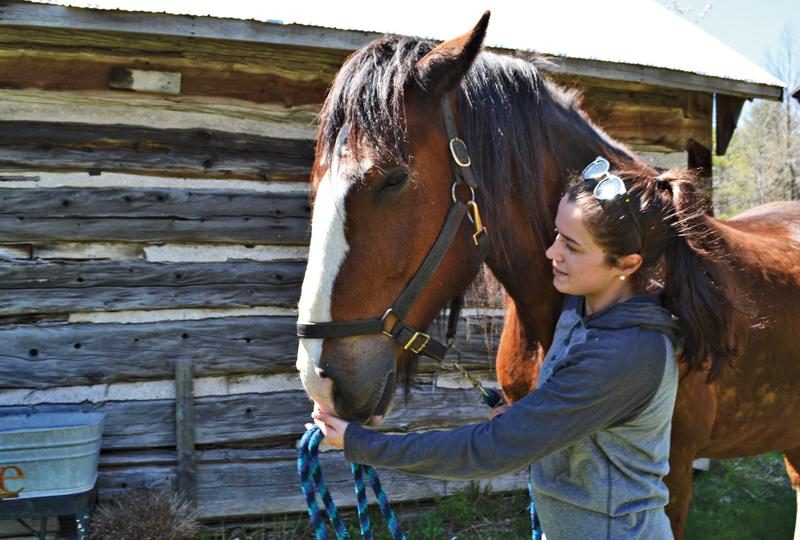
Help for speech impediments
After talking with Matin and Hosna Safar you would never know that these two sweet, energetic and bright children ever had trouble speaking. The truth is that both have struggled deeply with stuttering and the negative effects associated with it. “Before I went to the Speech and Stuttering Institute I was stuttering on almost every word,” says Matin who is going into Grade 4 this year. Seven-and-a-half year-old Hosna was stuttering 30 per cent of the time before she started treatment. “I was speaking horribly,” she says. “I had lots of thoughts but couldn’t say the words properly.”
Stuttering is a speech disorder that has to do with coordination difficulties. It impacts quality of life as kids can be bullied at school leading them to withdraw from situations, avoid making phone calls, using specific words or having conversations because they can’t say certain things. Self-esteem is also involved, and people with communication difficulties take advantage of fewer opportunities. Stuttering often runs in families and is more common in boys that girls.
The children were placed in a program with Rachelle Vekris, one of the Institute’s speech-language pathologists. “After the first week I knew they would do really well,” says Rachelle. “The program takes a lot of work and involves about 20 minutes of homework a day. Hosna and Matin helped each other, practiced together, and were really motivated.”
Vekris taught them strategies on how to talk, how to use their breath and how to move their vocal folds together slowly. Taking these strategies and using them to tell jokes and play games made the program both fun and educational. “At one point they had signs up all over their house. They even had a sign in the bathroom that said ‘remember your Full Breath,’” says Vekris.
When she first started working with the Safar children they were withdrawn and upset about their stuttering. On a scale of one to 10, 10 being that stuttering was the worst problem they encounter, Matin marked his stuttering as an eight, and Hosna said that hers was a nine. Both kids were exhibiting secondary behaviours – signs of tension or body movements that are used as coping mechanisms but don’t actually help lessen stuttering. Hosna would blink, move her eyes and grope with her mouth in the effort to find her words. These behaviours fuelled the teasing from friends.
After almost 10 months of therapy, both Safar kids stutter less than five per cent of the time and neither shows any signs of secondary behaviours. They are more outgoing and very happy. “I am speaking very well now and my friends don’t make fun of me anymore,” says Hosna. Matin is most impressed with the fact that “when I went to school I didn’t stutter anymore.” Visit www.speechandstuttering.com.







